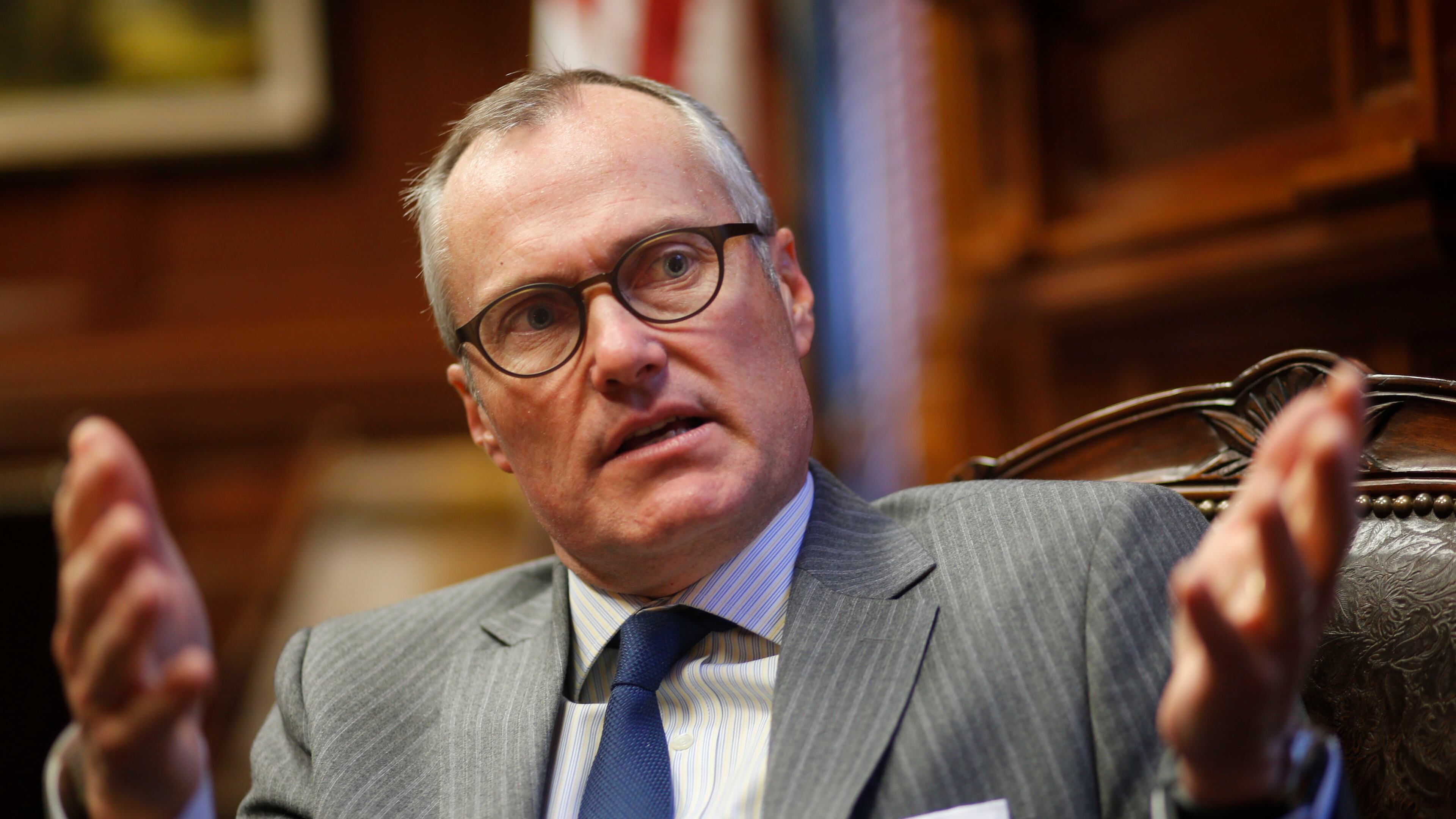Casey Cagle’s case for how the establishment can ride the Trumpian wave

If Donald Trump's surge taught politicians anything, it's that the words "establishment" and "politician" are like oil and water in 2016. And few are as entrenched as Lt. Gov. Casey Cagle, the three-term lieutenant governor with an eye on the governor's race.
So it was intriguing to hear him tell a panel Thursday evening how the anti-establishment anger that Trump harnessed can also be put to use by an establishment figure. This year is shaping up not to be an anti-incumbent wave like 2010, he said, but an anti-Washington wave.
And, he argued, those who embrace a different approach – incumbents or outsiders – will succeed.
“Republicans often times have a tendency to shoot at themselves as opposed to understanding what the real enemy is, the real objective. It’s a horizontal mindset. How do we move the ball further to the left or right?” said Cagle, who endorsed ex-Florida Gov. Jeb Bush in the race.
He continued:
"What we really need is people who are vertical thinkers. People who can really cast a vision for what America can be, what Georgia can be. Within our own party, it should be about a vision. The reason people are disenfranchised and throw their hands up, they don't see government working. And Donald Trump has tapped into the anger. He speaks a language that many understand, and he's not scripted in the way of a typical politician. There are many lessons learned today and over the course of the primary."
Which is why, perhaps, Cagle went on to make the case that the efforts to deprive Trump of the nomination at the Republican National Convention may be misguided.
“That mystique in itself can possibly be used as an asset,” he said. “What if Donald Trump got the nomination and then rallied behind the incumbents to build support in Washington, to build support in key states? Donald Trump is so unique he could actually bring some states that were never in play before.”
He added: “If you have a candidate with this type of momentum, and sustains the momentum going into the convention, it would be very difficult to rob them.”
At the panel, hosted by the University of Georgia's School of Public and International Affairs, Cagle talked precious little of the "religious liberty" debate roiling the Capitol. But he did offer his concerns about the dearth of female Republican senators, a number that doubled to two this year only after a special election.
“It’s been troubling for me that we have not been able to recruit as many females as we would like,” he said. “Quite honestly, they’re more receptive in desiring to see a balanced approach to public policy and their discernment on issues is a voice that needs to be heard in the state Senate. It may not be popular to say, but it’s just a fact.”
Another interesting tidbit revealed itself near the end of the panel. Cagle will soon be able to add another line to his resume: He is writing a book on education policy. Expect it to be released later this fall.

